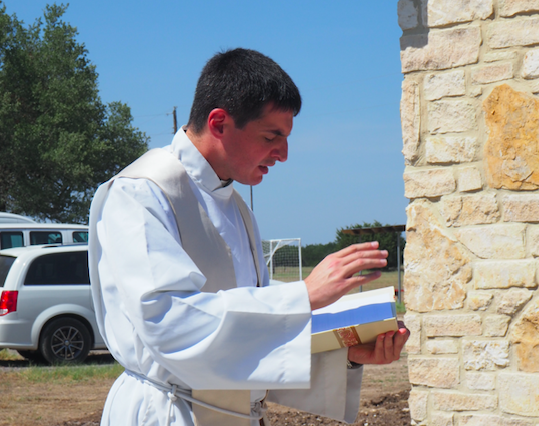Dripping Life February 6

They call them "euphemisms." Webster's describes them as a mild or indirect word or expression substituted for one deemed too harsh or blunt when referring to something unpleasant or embarrassing.
An example: someone diagnosed with HIV-Aids is referred to as "being positive." We can agree, this euphemism softens the harshness of saying, "She has HIV-Aids...makes it easier to present the awful truth.
Instead of saying, "He died," our society (in its sweet, death-denying style) will say, "He passed away" or "When she passed." Again, using euphemism adds an ethereal flow to the otherwise too final, dull "thunk" some associate with life's final act.
Because few want to talk about death and everything associated with it, society is currently embracing other euphemisms like "end-of-life planning" for documents such as wills, durable power of attorney, pre-planned funerals, medical power of attorney and DNR (orders Do Not Resuscitate).
We also call them "memorial parks" rather than cemeteries and "funeral cars" rather than hearses.
In the media, whenever I see the term "spousal abuse," I think to myself, "being beaten by someone you love or once loved," and when the media covers “domestic violence,” I read "chronic cruelty and injury in the home."
When we hear about someone gunning down innocent people in cold blood, we call it "a massacre" if it involves four or more people. If less than four victims are involved, it is reported as "multiple shootings."
I know a teacher who now terms those red markings on papers he’s grading as “improvements,” rather than the “corrections” as our teachers called them, back in the day.
Another example -- and a recent change in terminology -- rather than use the word “rape,” many in law enforcement and the courts now use the words, “sexual assault.” Ongoing rape may be called “sexual abuse.”
Today, rather than say someone can't afford enough food to eat, we talk about "food instability" and “food deserts,” and rather than recognizing the awful truth of drinking water being contaminated -- like the entire water supply of Detroit a few years ago -- we call it “water instability."
If someone lives in poverty, folks we once called "the poor," we now say "low-income." If someone is too "low-income" to afford regular medical or dental care, we call them the "undeserved" or say they "lack access" -- but access to what? Is it money, health insurance, knowledge of hygiene or the latest in science, or is it access to medical care that would be free to them were they living in other countries?
When the local animal shelter (thankfully Drip is a no-kill community and a legion of animal activists are working to make all of Hays County ‘no kill’) becomes over-crowded or a beloved pet becomes too old and sick to function, it's said these animals been "put down"...and when we talk about human beings who are too old or sick to enjoy life, certain states offer "euthanasia" -- which creates the image of a graceful, almost balletic leap from life to death...certainly more romantic than having to say, “we had to put down Grandma.”
In healthcare, when someone is critically ill or near death, the medical community has adopted a system of euphemisms of its own: someone who "died before getting to the hospital" is called "DOA." Someone near death is said to be in "critical condition," although the patient's prognosis can be "upgraded" to "serious," "fair" or "stable" condition...even "good condition" in some cases...being careful not to dash any hope of recovery.
But, for anyone who has been around for a while can tell you, when "the injured" is "transported by LifeFlight or Med-Evac," we can assume the victim is in pretty bad shape, that every minute counts for their survival.
Why do we resort to these kinder, gentler terms when we talk about something too difficult for us to envision or confront, head-on? Why can’t we just call it what it is?
My guess: Just like soldiers wear body armor when confronting the enemy or sports team members use various protections against the physical assaults from the other team, we human beings have learned to gird ourselves from life's injustices and difficult conditions.
We more evolved forms of human beings have learned that a little protection -- helping us avoid the situation entirely or at least softening the blow mentally and emotionally -- is better than being pummeled by the awful truth all at once.
Before we began using euphemisms regularly, people had to face all of life -- the good, bad and the ugly -- as it came...without time for planning, protections or the buffer of nicer-sounding names. In earlier times, long before euphemisms and our increasingly secular society, our main protection against bad things were faith and the power of prayer.
Maybe euphemisms have become like too much blah, blah, blah noise on our wave lengths. Maybe a difficult time in life or a societal failure should be called exactly what it is...and maybe, just maybe, if we begin using the uncomfortable words rather than euphemisms, we'll become more efficient and successful in understanding the situation and solving the problem. Perhaps we would even show more kindness, understanding, and respect.


